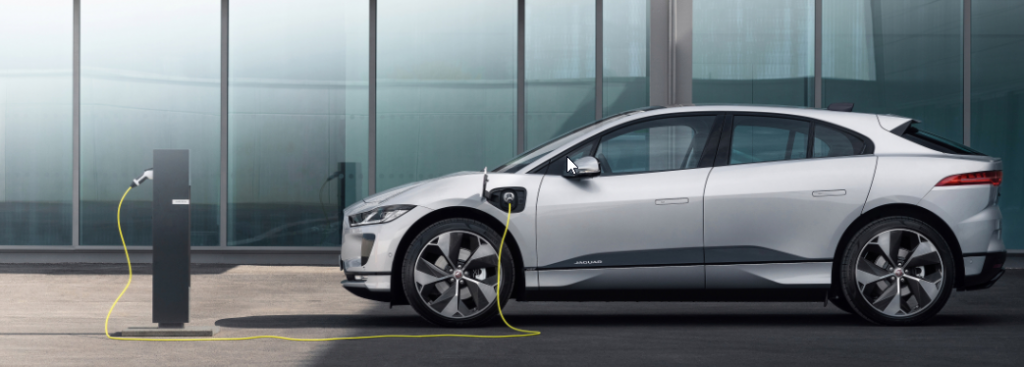NEW YORK: The chance to name a new car is precious, a billion-dollar branding exercise with decades of potential staying power.
Of the almost 300 vehicle models in the US, roughly a quarter bear names that have been around for 20-plus years — even when the underlying car has changed.
The Porsche 911 was introduced back in 1965, one year after Toyota unveiled its first Corolla. Making its debut in 1934, the Chevrolet Suburban is the oldest badge in the business.
Over the past few years, this rite has kicked into overdrive.
Carmakers are racing to electrify their product lines and launching new vehicles at a pace not seen in decades.
Battery-powered driving offers a cleaner, quieter and eventually cheaper way to travel — an aspirational trifecta that branding squads must distill into a slew of catchy new car names.
It’s not going great.
Take Toyota Motor Corp., the world’s largest carmaker.
The company has been perfecting battery-powered vehicles since the late 1990s, and finally unveiled its first mass-market EV in 2022. Its title? The bZ4X.

The “bZ” stands for “beyond zero” emissions; the 4 refers to its four-wheel drive and X denotes a crossover shape — all of which is probably lost on the Camry crowd.
Not to be outdone, Honda Motor Co. announced that its second EV will be known as the e:Ny1, a gamble on the appeal of a colon.
Over at Jaguar, a driver could be forgiven for assuming the carmaker’s electric option is the E-PACE, but that model has a petrol engine.
The battery-powered Jag is the I-PACE. And no one could fault a Volkswagen fan for confusing the carmaker’s ID.4, an SUV-shaped EV, with the ID. Buzz, a recast of the company’s famous van.
“Honestly, a lot of these names are just trying too hard,” says David Placek, founder of Lexicon Branding, which helped name Lucid Group Inc., the Subaru Outback and the Honda Ridgeline.
“Everyone is kind of scrambling.”
Placek says a great product name needs to check three boxes: It has to be memorable, noteworthy and distinctive within its category. It also helps if the moniker is “what we call ‘processing fluent,’” Placek says. “When the mind looks at it and says ‘OK, I can get that.’”
Many new EV names fall short. They either hew too closely to tradition to feel noteworthy, or stretch so far for distinction that they aren’t memorable.
Car names die hard
Automakers seldom abandon the billions in brand equity that goes into a great model name.
No one’s saying naming a car is easy, or that doing it poorly is unique to EVs (see: the Daihatsu Naked, the Ford Probe and the Studebaker Dictator).
A car’s name may also matter less to consumers than its price tag, range, features and aesthetic.
But as an exercise in marketing, the raft of clunky EV names represents a missed opportunity.
Just look at Tesla: The company may have failed to spell out “SEXY” with its four models as planned — “Model E” was trademarked by Ford six years before Elon Musk launched his sedan — but the attempt was as memorable, noteworthy and distinct as it was juvenile.
In some cases, today’s EV names also highlight a disconnect between R&D and product planning.
Nearly every automaker has set an ambitious timeline to completely switch to electric vehicles, but that memo may have been lost on the people naming the Kia EV6, for example, or the GMC Hummer EV. Those labels will age as well as “the New York Football Giants.”
“They’re just dating themselves,” Placek says. “Within five years almost everyone driving a new car will be in an EV or a hybrid.”

There are also the names that metastasize, tacking on letters or becoming less clear as the variants proliferate.
Audi launched its seminal electric vehicle as the “e-tron” — sensible enough — but now it has a slew of e-trons, including the original and a (very different) e-tron GT.
Mercedes made a similar hash of it: The company’s EV models include the EQS, EQA, EQB and EQE, as well as the EQS SUV, EQB SUV and EQE SUV. At the very top end, Mercedes also throws an “AMG” into the mix. No one wants to drive an alphabet salad.
Volvo spinoff Polestar Automotive Holding UK Plc, meanwhile, took the iPhone approach: Its first car (no longer in production) was the 1.
Now there's the 2, and 3 is coming soon. Polestar 12 is going to be bananas.
The best EV names arguably aren’t acronyms or jumbles of letters; they’re fresh and nouny and fun to say.
General Motors Co. took this route with its Chevrolet Bolt and Cadillac Lyric. Hyundai’s Ioniq clicks nicely. Lucid has its Air, Fisker its Ocean, and Subaru its Solterra.
Then there’s Nissan’s Ariya, allegedly a tarting up of the Sanskrit word for noble or admirable. Porsche’s Taycan is a unique choice, but also conjures to mind an elusive jungle beast.
There will be more opportunities to improve upon the current crop of names: In the next year alone, we’ll see 30 all-new EVs in the US, according to BloombergNEF estimates.
Until then, pour one out for the Toyota team who pitched “Prius,” which still has a nice snap 25 years on. They must have retired before the bZ4X came along.












